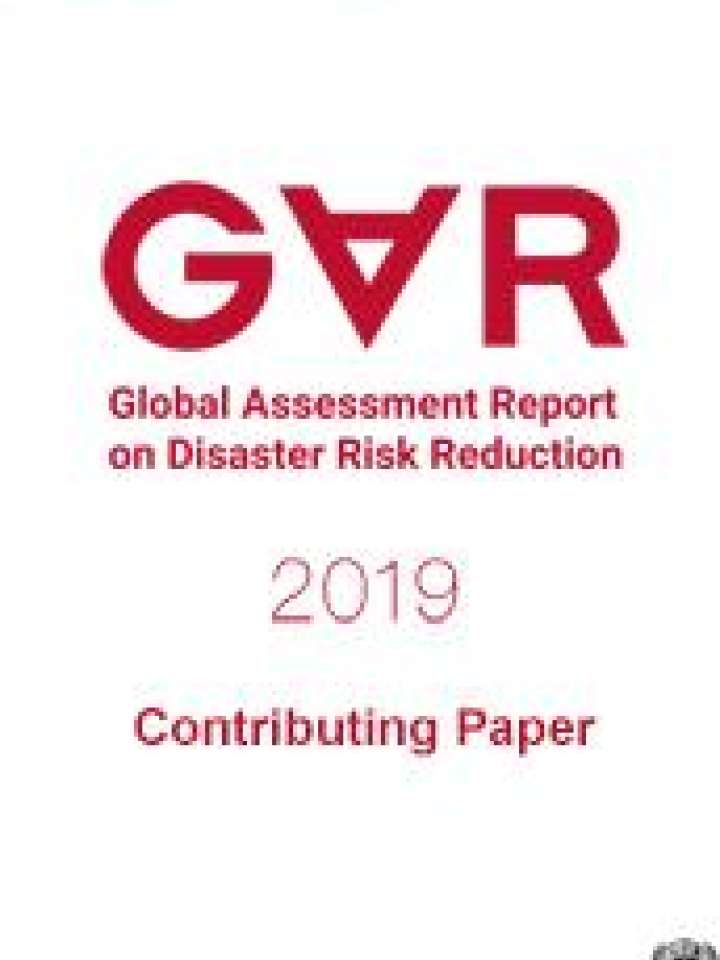Strengthening risk-informed decision-making: Scenarios for human vulnerability and exposure to extreme events
Various risk assessments in the context of climate change examine changes in climatic conditions and respective hazards e.g. for the year 2030, 2050 and 2100, but juxtapose this information with data on vulnerability referring to the present. This is a major mismatch, since not only climatic conditions are changing in the future, but also socio-economic and demographic conditions of people within cities or regions. Consequently, scenarios of climatic changes have to be complemented with scenarios regarding the potential status and development of human vulnerability. This paper highlights the necessity to consider scenarios of human vulnerability for risk-informed decision making illustrated in terms of heat stress risks in cities.
Against this background, the paper presents selected scenario approaches and illustrates preliminary findings on how such vulnerability scenarios can look like for specific indicators and how they can inform decision making, particularly in the context of urban planning. The paper focuses on medium-sized cities in Germany – particularly the city of Ludwigsburg – that have to deal with population growth requiring the development of new urban areas, while at the same time these cities are also highly exposed to heat stress already due to urbanization and climate change. In this regard, the paper addresses especially the following research questions:
- What are key elements, core indicators and criteria of vulnerability and exposure scenarios at the local level to heat stress?
- Why are scenarios of human vulnerability and exposure important?
- Which typologies of scenarios exist?
- What are qualitative and quantitative scenarios?
- Which data is needed and available at the local level to illustrate future vulnerability?
- Which timeframes can be addressed?
- How can information derived from such scenarios be applied in decision making?
This paper is a contribution to the 2019 edition of the Global Assessment Report on Disaster Risk Reduction (GAR 2019).
To cite this paper:
Birkmann, J. et al. Strengthening risk-informed decision-making: Scenarios for human vulnerability and exposure to extreme events. Contributing Paper to GAR 2019
